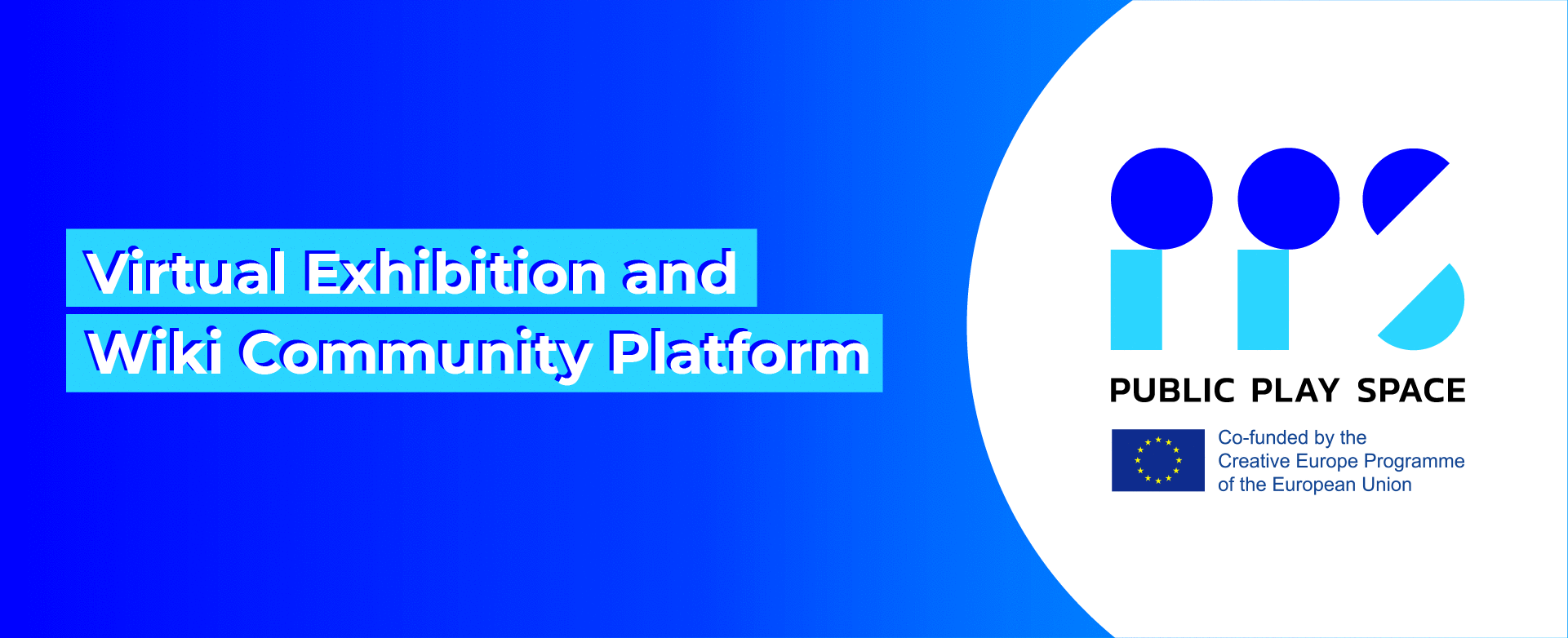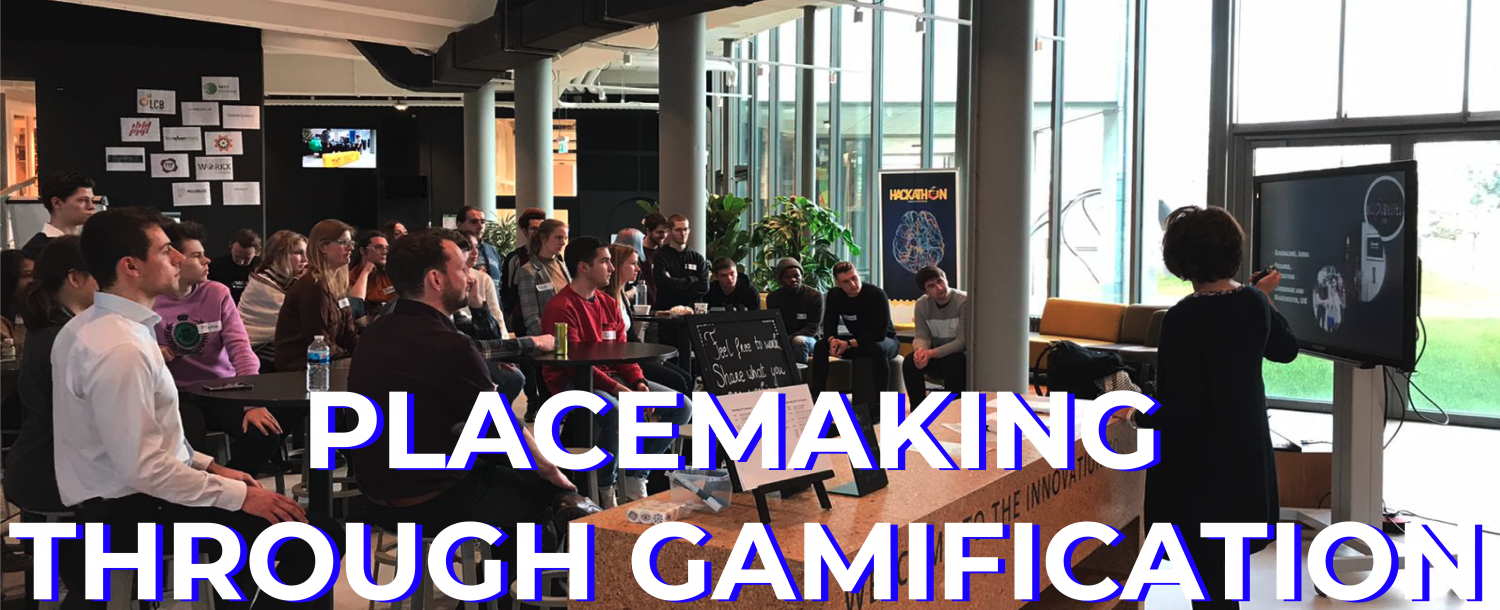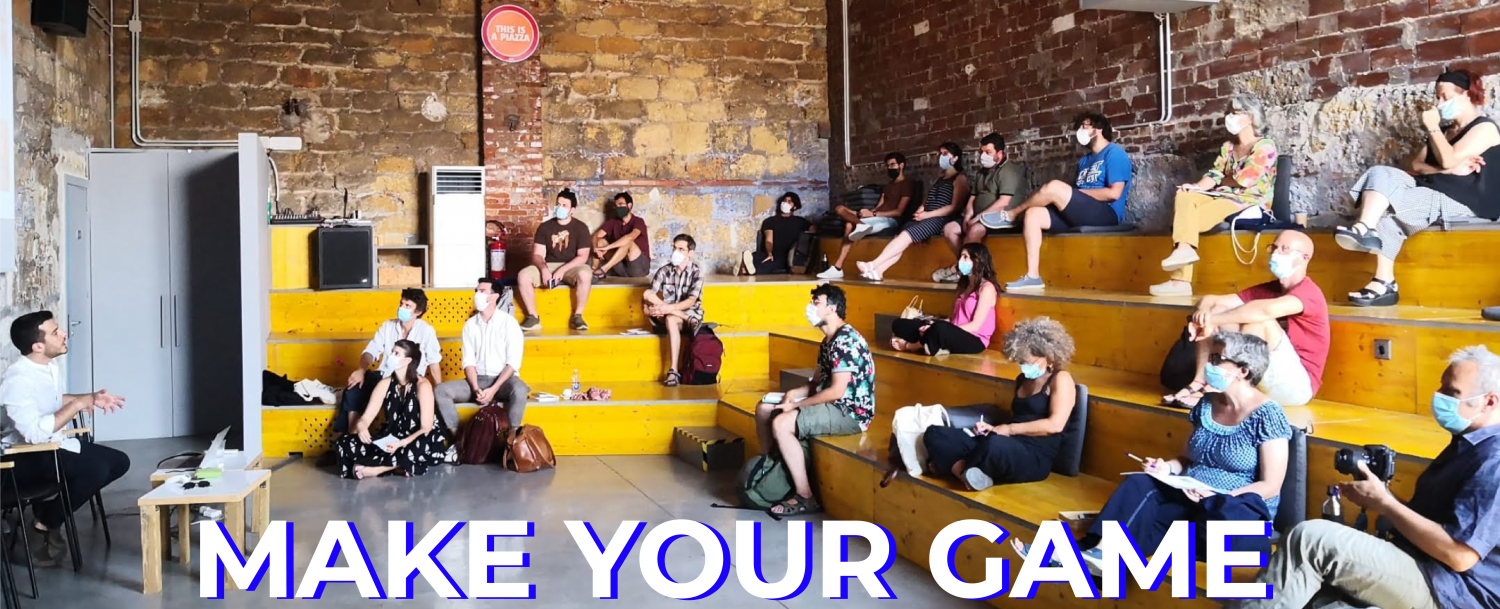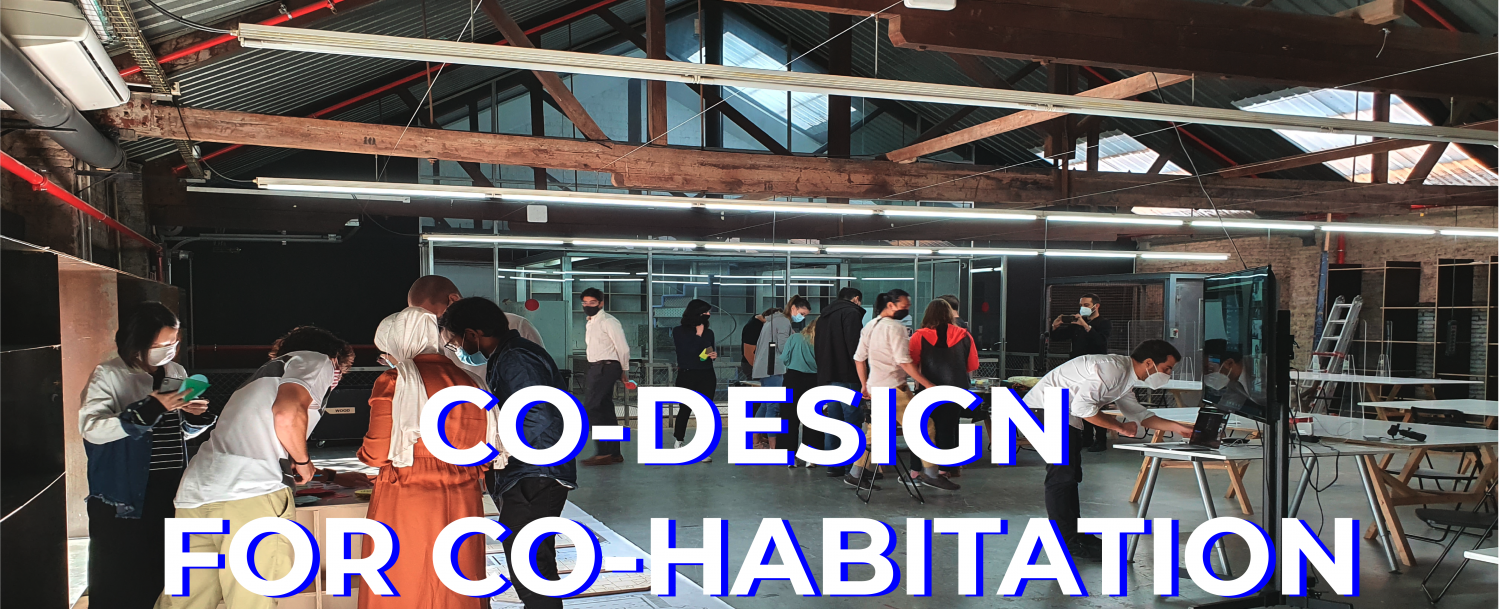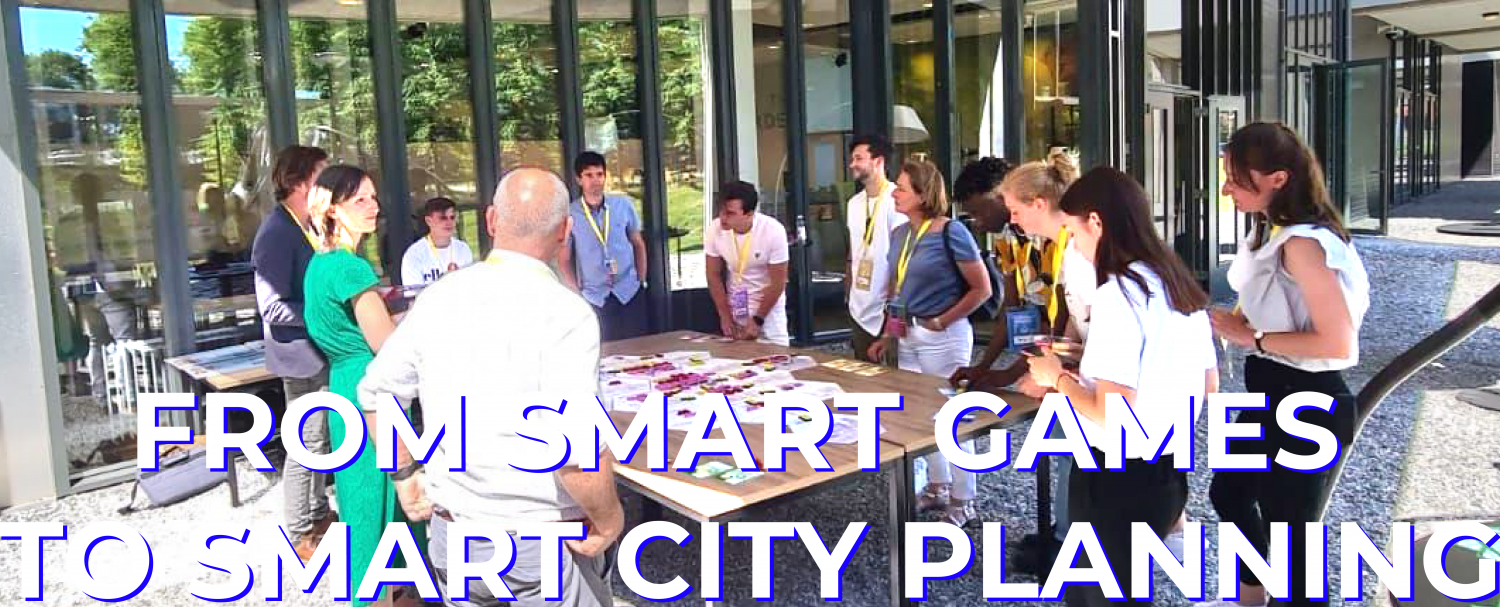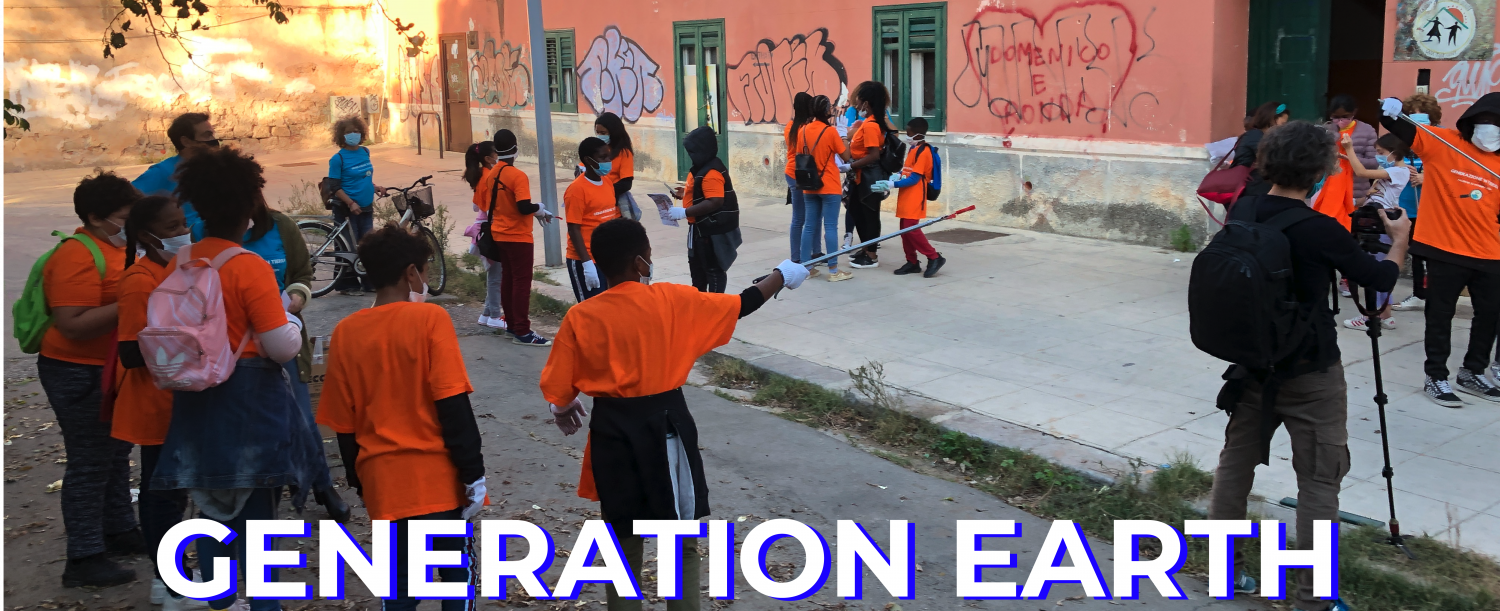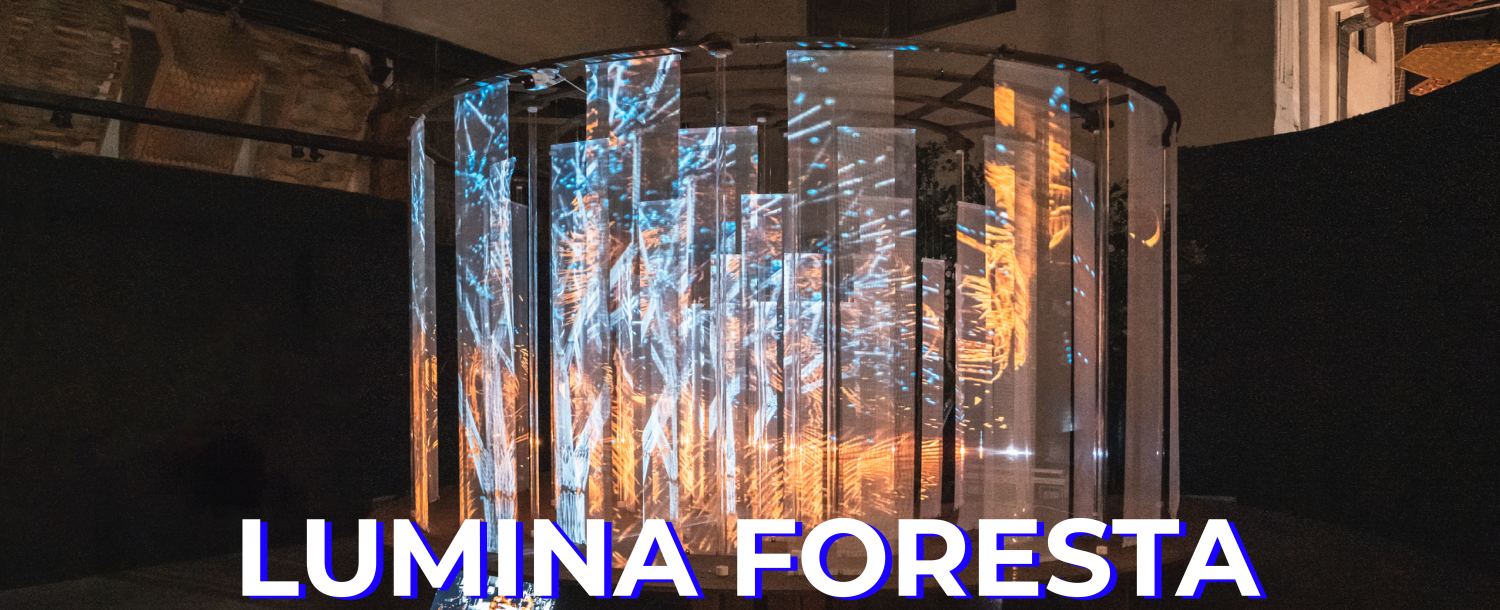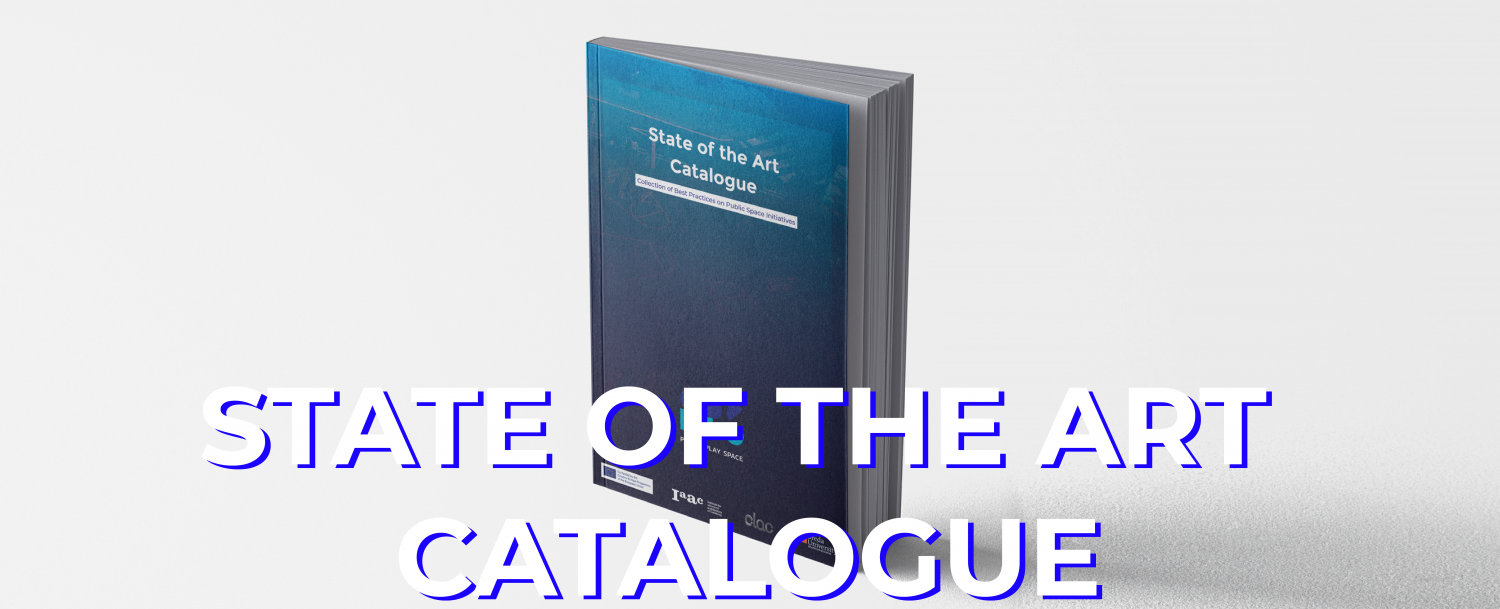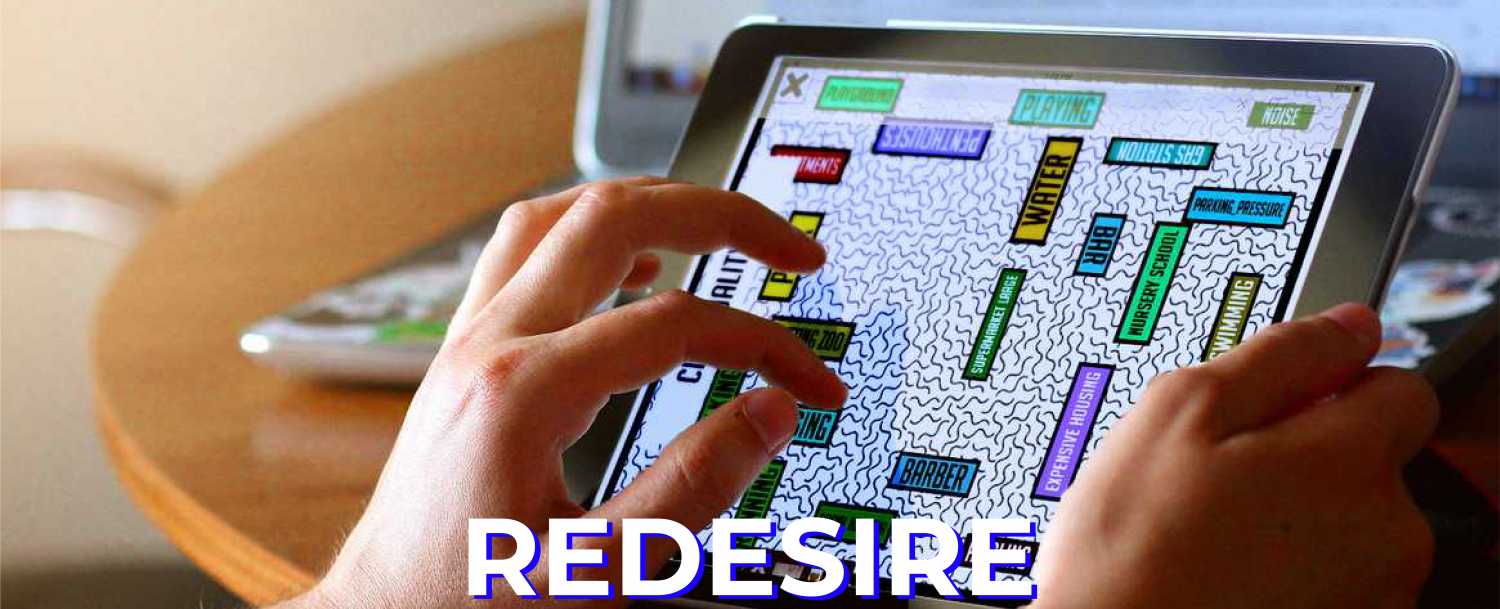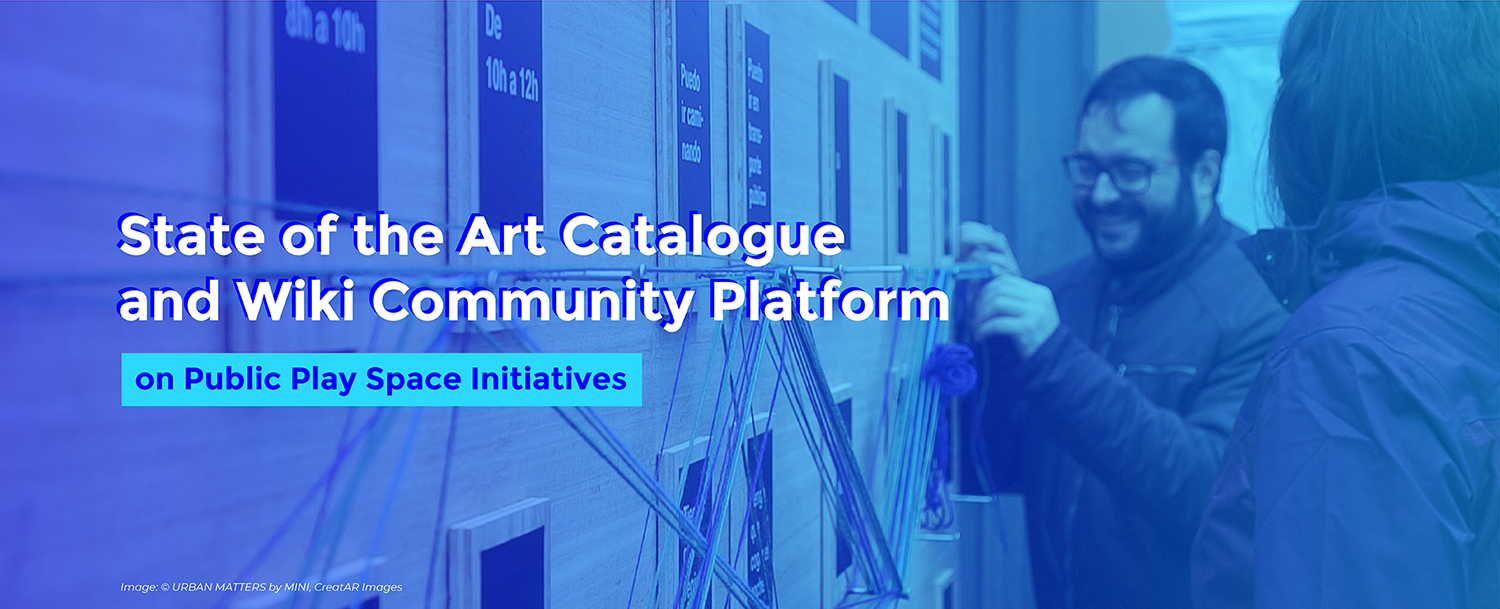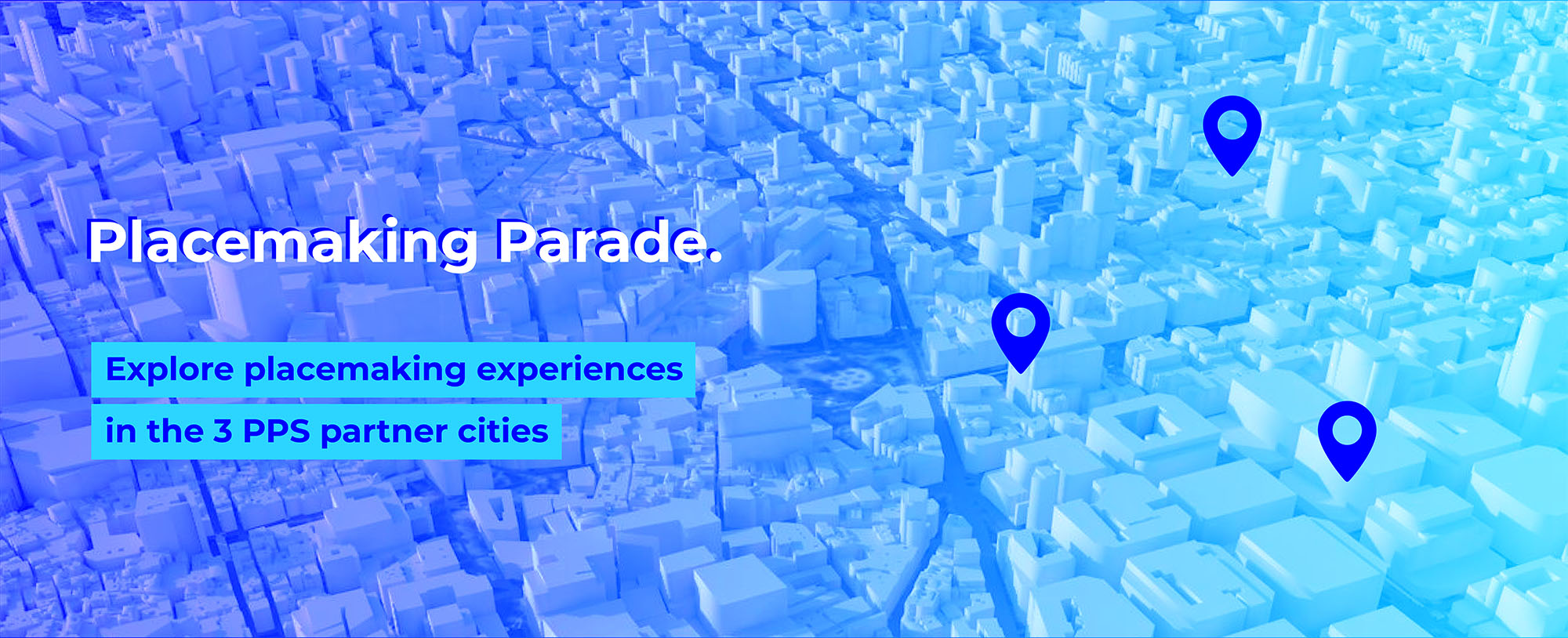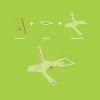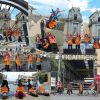| Line 6: | Line 6: | ||
|- | |- | ||
| | | | ||
== WELCOME TO THE PPS VIRTUAL EXHIBITION AND WIKI COMMUNITY PLATFORM! == | ==WELCOME TO THE PPS VIRTUAL EXHIBITION AND WIKI COMMUNITY PLATFORM!== | ||
|}[https://www.publicplayspace.eu/ Public Play Space (PPS)] is a project co-funded by the Creative Europe Programme of the European Union and developed by IAAC, BUas, and CLAC. Through a series of '''strategic actions''', over a period of 2 years, the PPS Project promotes '''innovative and creative practices''' for the '''co-design of inclusive, cohesive, and sustainable public spaces''', through the use o'''f games and digital technologies'''. | |}[https://www.publicplayspace.eu/ Public Play Space (PPS)] is a project co-funded by the Creative Europe Programme of the European Union and developed by IAAC, BUas, and CLAC. Through a series of '''strategic actions''', over a period of 2 years, the PPS Project promotes '''innovative and creative practices''' for the '''co-design of inclusive, cohesive, and sustainable public spaces''', through the use o'''f games and digital technologies'''. | ||
| Line 22: | Line 22: | ||
!VIRTUAL EXHIBITION | !VIRTUAL EXHIBITION | ||
|- | |- | ||
|Participation of citizens in the design of the public space is recognized as fundamental to build inclusive, cohesive and sustainable public space. As local governments grow more and more interested in civic participation, it becomes important to explore available methodologies addressing challenges related with participatory processes. Games have been proposed since the 1960s as means to facilitate participatory processes by enabling cooperative environments to shape and support citizens’ interaction. The change led by Information and Communication technologies opens the debate on how advanced technologies, from video games to Virtual and Augmented Reality can help to open the process of co-creation to new audiences, enhancing citizen participation, both with respect to the design and space usage | |Participation of citizens in the design of the public space is recognized as fundamental to build inclusive, cohesive and sustainable public space. As local governments grow more and more interested in civic participation, it becomes important to explore available methodologies addressing challenges related with participatory processes. Games have been proposed since the 1960s as means to facilitate participatory processes by enabling cooperative environments to shape and support citizens’ interaction. The change led by Information and Communication technologies opens the debate on how advanced technologies, from video games to Virtual and Augmented Reality can help to open the process of co-creation to new audiences, enhancing citizen participation, both with respect to the design and space usage | ||
|- | |||
| | |||
|}<br /> | |}<br /> | ||
{| | {| | ||
Revision as of 10:30, 10 June 2021
WELCOME TO THE PPS VIRTUAL EXHIBITION AND WIKI COMMUNITY PLATFORM!
WELCOME TO THE PPS VIRTUAL EXHIBITION AND WIKI COMMUNITY PLATFORM! |
Public Play Space (PPS) is a project co-funded by the Creative Europe Programme of the European Union and developed by IAAC, BUas, and CLAC. Through a series of strategic actions, over a period of 2 years, the PPS Project promotes innovative and creative practices for the co-design of inclusive, cohesive, and sustainable public spaces, through the use of games and digital technologies.
The Virtual Exhibition will guide you through the different actions developed by the project: a continuous and multidisciplinary process of exploration of new methodologies and practices open to different city actors such as designers, policymakers, experts and citizens. The content generated during the whole project is displayed, bringing together methods and tools for games, playful interaction and placemaking.
The Placemaking Parade will let you experience an exploration of placemaking experiences in the three PPS partner cities: Barcelona, Palermo and Breda. Using satellite maps, you will be able to navigate through different public spaces and explore the different placemaking strategies introduced by local actors
The Wiki Community Platform is an open source knowledge-community on the use of digital technologies and games to enhance participatory processes for urban design and placemaking. You are invited to check the numerous projects collected and contribute to the Wiki platform, open to researchers and practitioners willing to publish projects and innovative practices!
| VIRTUAL EXHIBITION |
|---|
| Participation of citizens in the design of the public space is recognized as fundamental to build inclusive, cohesive and sustainable public space. As local governments grow more and more interested in civic participation, it becomes important to explore available methodologies addressing challenges related with participatory processes. Games have been proposed since the 1960s as means to facilitate participatory processes by enabling cooperative environments to shape and support citizens’ interaction. The change led by Information and Communication technologies opens the debate on how advanced technologies, from video games to Virtual and Augmented Reality can help to open the process of co-creation to new audiences, enhancing citizen participation, both with respect to the design and space usage |
| OPEN | ||
|---|---|---|
| EXPLORE THE PPS EXPERIENCE |
|---|
| Lorem ipsum dolor sit amet, consectetur adipiscing elit, sed do eiusmod tempor incididunt ut labore et dolore magna aliqua. Ut enim ad minim veniam, quis nostrud exercitation ullamco laboris nisi ut aliquip ex ea commodo consequat. Duis aute irure dolor in reprehenderit in voluptate velit esse cillum dolore eu fugiat nulla pariatur. Excepteur sint occaecat cupidatat non proident, sunt in culpa qui officia deserunt mollit anim id est laborum. |
All Projects
AR:ticipate 1,439 × 889
AudiovisualArchive and EmotionalMap 600 × 525
Back Story 355 × 355
Being There 593 × 333
Cinema Lliure 1,024 × 683
Clean Games 1,280 × 850
Climate game 1,920 × 1,040
Co-Design for Co-Habitation 4,032 × 2,268
- CO-MIDA
CO-MIDA File missing
Collective intelligence in city design 1,200 × 670
Col·lectiu Superilla Poblenou 1,424 × 2,015
Contrainer with an R 1,439 × 889
Corporate growth game 794 × 447
CREDO 655 × 452
CycleSPEX 300 × 300
Djs pel Canvi 1,200 × 760
From Smart Games to Smart City Planning 1,920 × 1,080
G.E.A.R - enjoy the unseen 1,439 × 889
Generation Earth 4,032 × 3,024
Guerrilla Gardening Palermo 1,439 × 889
Guilt 4,272 × 2,848
Habla 768 × 512
Hello Lamp Post 2,667 × 1,667
IAM PANEL 1,920 × 1,080
Kreyon city 1,024 × 684
L'appar(ten)enza inganna 960 × 720
Le Fanu Play and Skate Park 1,500 × 800
Lumina Foresta 6,000 × 4,000
Make your Game 1,280 × 960
Mediterraneo Square 621 × 438
METROGAME 780 × 540
Mobility urban values 1,920 × 1,280
My Street ABC 1,500 × 1,061
Online / on-site 1,584 × 1,224
- Placemaking Facilitation Game
Placemaking Facilitation Game File missing
Placemaking through Gamification 1,730 × 1,080
- Play the Koepel
Play the Koepel File missing
Playtime 2,156 × 2,156
PobleJoc 730 × 486
QurbanCraft 3,509 × 2,481
Raiders of the lost water 1,000 × 1,000
RE:CLAIM 400 × 300
Redesire 1,200 × 709
Rethinking Urban Design in the digital era 1,783 × 1,261
Saint Rosalia Gardners 1,075 × 802
STAIN 480 × 300
State of the Art Catalogue 2,000 × 1,097
Superlupa 768 × 638
- The Bike pitstop
The Bike pitstop File missing
The civic horse 960 × 1,326
The great palermo 1,024 × 768
The innovation game 4,608 × 2,240
The Smart City Hospitality 274 × 246
The Urban Future 1,065 × 529
Un sacco di Palermo 3,984 × 2,656
Urban Living Lab Playground Game 2,048 × 1,367
Urban Poem 2,576 × 1,932
VEUS 730 × 496
Videogame urbanism 1,920 × 1,080
Add your own project
Do you have a project bound to Public Play Spaces, and do you want to add this project to the catalogue of pages on this community site, please Click Here to learn how to create your own page on this site.
